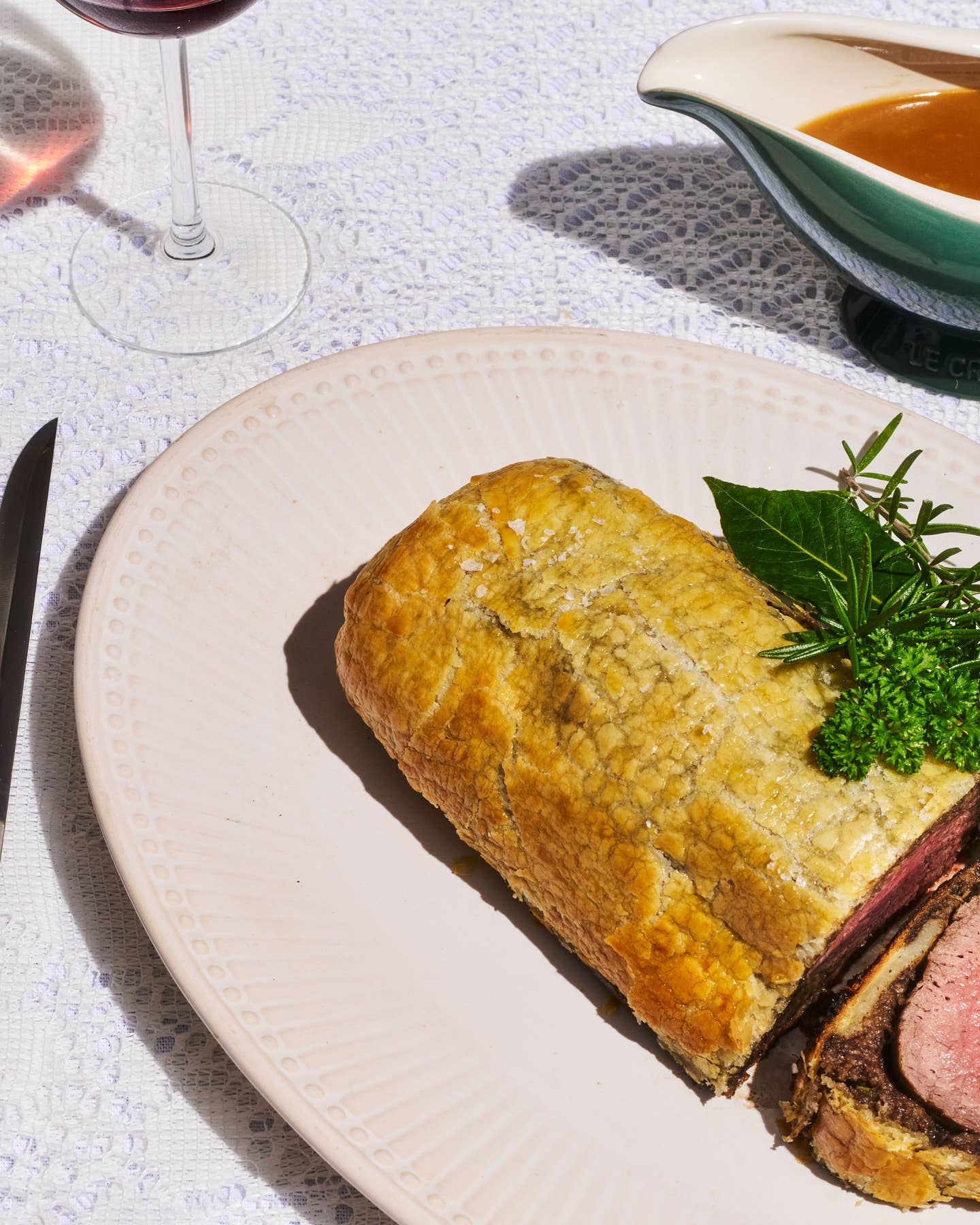
Katsuobushi on Japan’s Ise-Shima Peninsula
The Tenpaku family smokes fish the old fashioned way
Yukiaki Tenpaku reaches for a piece of raw ubame oak in his clifftop smoke hut, stoking a fire like the ones his ancestors used 300 years ago. Tenpaku is the owner of Maruten Ltd., a small company in Japan's Shima City that makes katsuobushi the old way: by gently smoking, drying, and fermenting bonito fish for shaving into pinkish-brown flakes. It's a main ingredient in dashi, Japan's staple stock, and is widely used as a topping on dishes such as okonomiyaki, where the supple flakes twist and curl in the rising heat.
From the beginning, the Tenpaku family has practiced tebiyama—a time-honored way of smoking that attaches firewood flavor while allowing for precise control over the flame. But very few makers still use this labor-intensive method, and Tenpaku believes it's in danger of disappearing. "It isn't attractive to the younger generation," he says. "The bonito are decreasing, and Japan's food is diversifying." Still, the desire to preserve this way of life keeps him going. He used to obtain his bonito—a smaller relative of skipjack tuna—from local waters, but after the Fukushima nuclear accident in 2011, he has turned to the waters of Indonesia and Papua New Guinea. The months-long process begins for Tenpaka at port, where the fish are gutted and boiled before transport to his hut.
Here, he stacks hundreds of fillets in wooden baskets, each morning lighting a low fire in a pit several feet below, which he extinguishes after a few hours to let the fillets dry. This is repeated every day for a month. Tenpaku then trims and shapes each fish and stores them in a high-humidity mold room, where they will ferment for two weeks before a brief break to dry in the sun. The mold is scraped off and Tenpaku begins again. After months of delicate maintenance, the fully dried fillets look and feel more like wooden sheaths than fish. But inside, they're a brilliant translucent red, with a tongue-coating flavor the Japanese call kokumi. It's a long and lengthy process, but one Tenpaku cherishes every step of the way.
Keep Reading
Continue to Next Story










